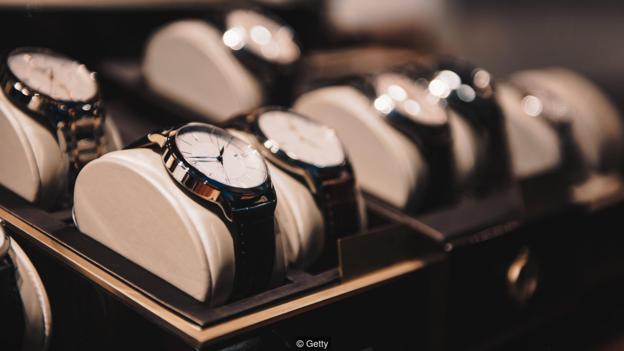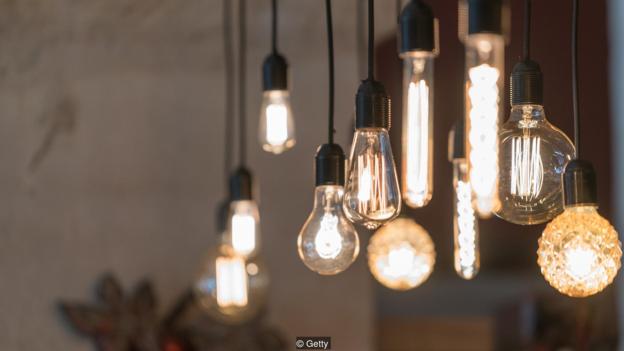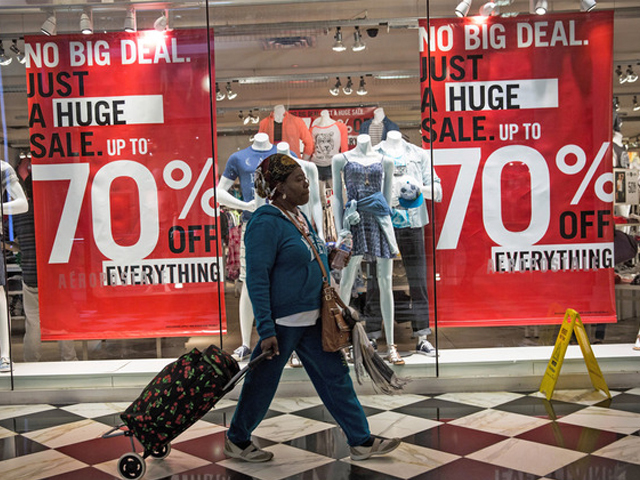Overweight people face a barrage of prejudice in many areas of life – from being less likely to be offered a job to being unfairly judged as lazy or weak-willed. In shops, for example, sales assistants are less likely to meet their eyes or smile.
An undercover shopping experiment has now shown that this bias even extends to the shapes of products that customers are recommended: customers of a greater weight are encouraged to buy rounder items.
When an actor with a BMI within the healthy range went shopping for watches and perfume, she was offered a range of products from sales assistants. Two covert researchers shadowed the actor’s progress without the shop assistants’ knowledge, recording how angular or round the products they recommended were.
Next, the actor donned a professionally constructed body prosthesis that made her appear to be obese. She wore the same clothes as before in a larger size – a plain blue-green T-shirt layered over a long-sleeve white top, dark jeans and flip-flops. She went back to the shops, still trailed by the two researchers.
In total, she had 37 sales encounters, collecting up to three watch or perfume recommendations from each. After analysing the results, the researchers found that when wearing the prosthesis, the actor was recommended rounder watches and rounder bottles of perfume.

When salespeople thought that a customer was overweight, they recommended her rounder watches (Credit: Getty)
“Our thinking was these subtle prejudices that lead to these effects are based on something more than superficial shape-matching,” says study author Beth Vallen, a researcher at Villanova University in the US.
Online experiments with study participants who weren’t shop assistants confirmed the bias Vallen and her colleagues measured in the real-life setting. Participants were shown a picture of a potential customer and asked to recommend products, selecting from pairs of images that were either round or angular.
“We wanted to show that this was a bias that reflects the thoughts and decisions processes of all people, not just sales people,” says Vallen.
This turned out to be the case: they found the same effect of matching rounder products to people with a higher BMI. It also held across different types of products – from watches to mirrors, lamps and candles. And it happened whether the imaginary customer was male or female.

The effect held across different products, including mirrors, lamps and candles (Credit: Getty)
The bias goes beyond an urge to match people of a particular body type with a particular shape of product, the researchers suggest. Instead, they say it is the stereotypes associated with the product and the people that are at play.
In particular, one stereotype is that overweight people are friendlier. Rounded shapes are also seen as friendlier.
The researchers tested whether this stereotype caused the product recommendations, designing other experiments with actors behaving in a friendly or unfriendly way. Indeed, they found that the actors were recommended more rounded products when they were smiling than when they were stern-faced – an effect that held whether they were wearing a body prosthesis or not.
This prejudice may work against both people who are overweight and those who aren’t.
“We don’t find any evidence that overweight people themselves prefer round products, or that normal weight people prefer angular products,” says Vallen.

Part of the effect may be because overweight people are stereotyped as being friendlier – and round shapes are also seen as ‘friendlier’ (Credit: Getty)
As a result, this bias may well mean that people end up being systematically recommended things they don’t like, or not being recommended things they would.
And similar biases may well apply in other areas of bias beyond weight, Vallen says.
“You can look at gender, racial discrimination, people with babyfaces – I think there are a lot of different physical cues you could look at to see if there’s this ‘matching’ in other contexts.”
One way out of the problem? Training sales people to “dig deeper”, says Vallen, and find out what people actually like rather than making split-second judgments based on irrelevant factors like body size.
Of course, this discovery is among the more harmless implications of weight bias. Having a slightly pointier or rounder lamp than you might have wanted probably isn’t going to cause anyone a serious problem. But it is another a glimpse into just how much body size prejudice permeates our experiences in day-to-day life.
BBC
More about: obesity
















































